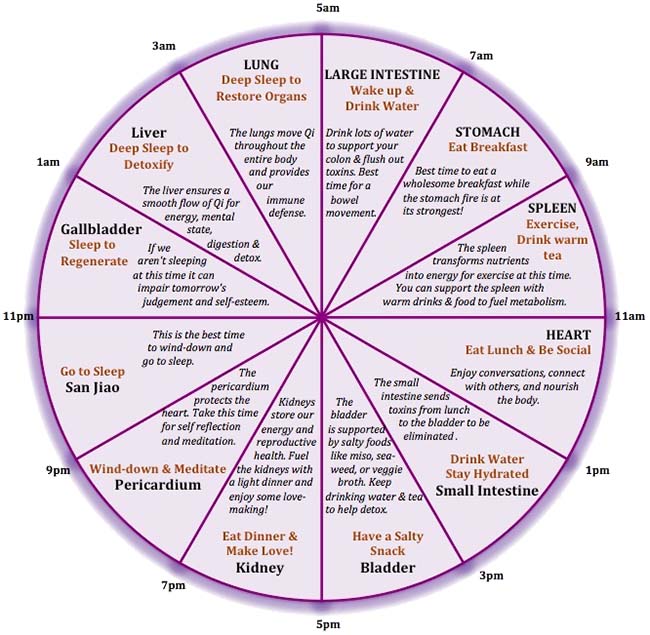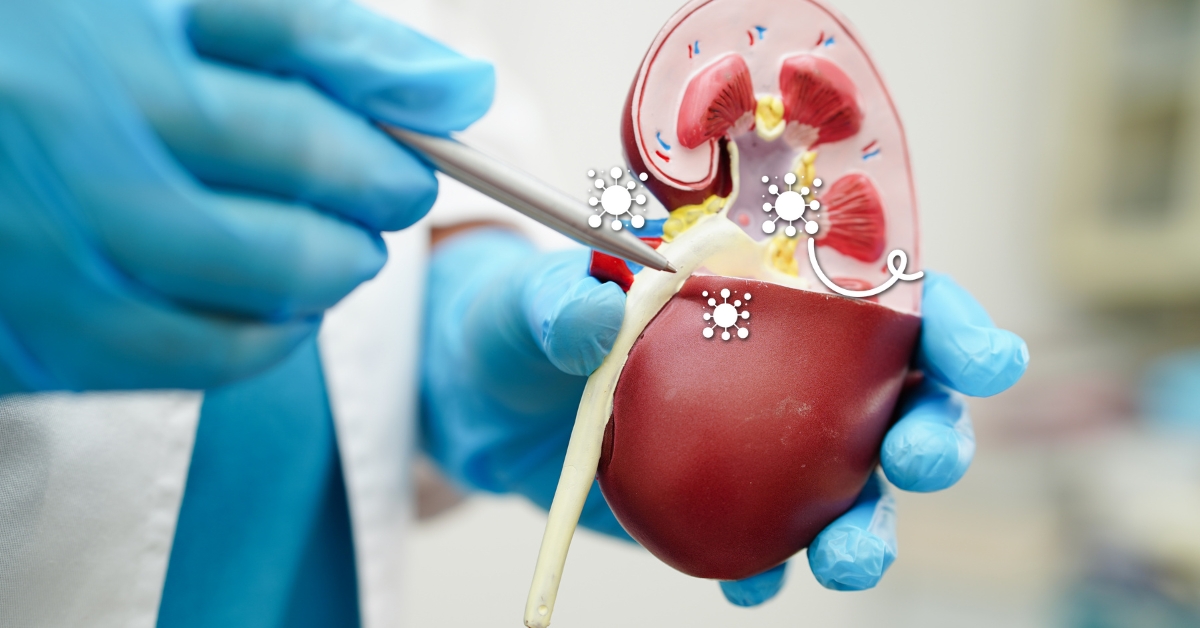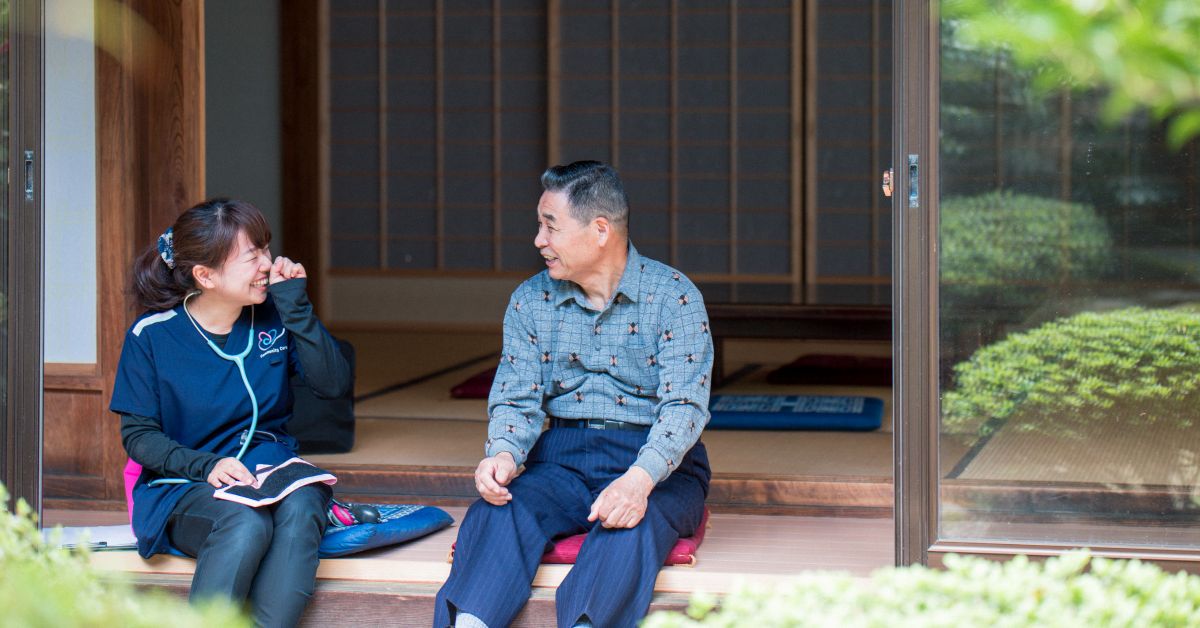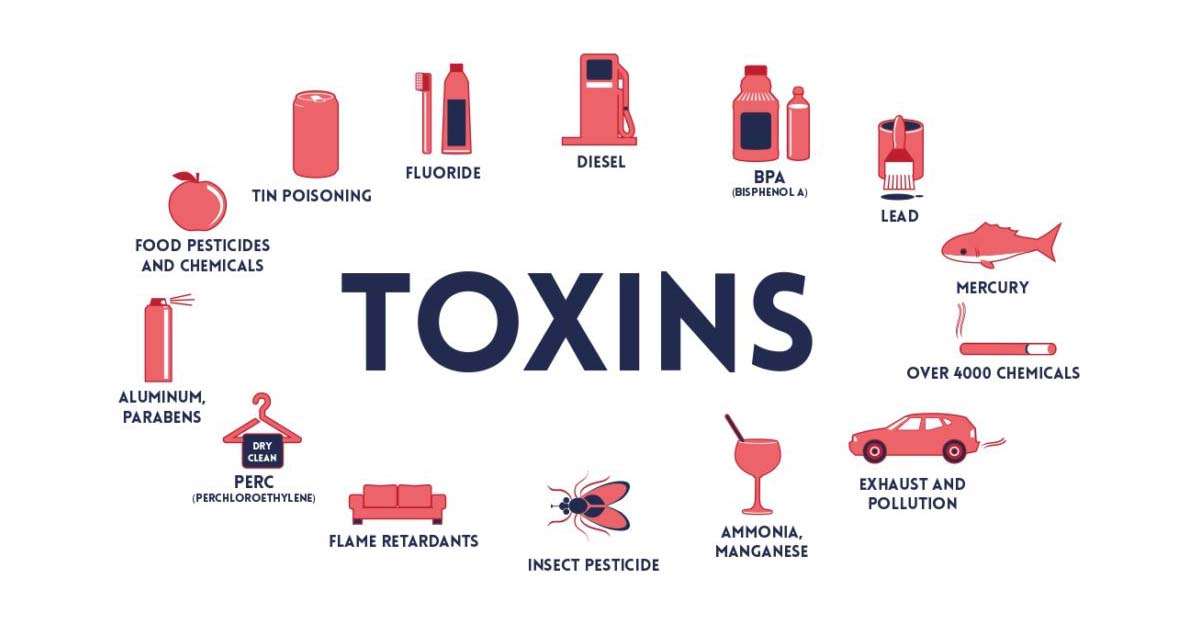
Life in cosmopolitan societies has always been demanding, and Singapore is no exception. But now, with Covid-19, many of us are experiencing anxiety as never before.
Loss of personal space caused by being home more can add to stress, especially if our relationships with family members are less than perfect — which is often the case. Daytime noise from neighbours, traffic and outside construction can also have a cumulative effect.
Conversely, lack of social interaction with those outside the family circle can feed a sense of isolation and debilitating loneliness. And in an unconscious attempt to sooth our stress, many people are experiencing unhealthy weight gains due to snacking, exacerbating feelings of unhappiness and depression.
One particularly sad ramification of all this is that we are seeing suicide rates being driven up during this time of unprecedented stress. It’ s a very serious matter.
We asked expert, Panacea Lim, a qualified Esthetician and Body Therapist and a passionate advocator of holistic health to share some advice on how to deal with stressful situations and improve our overall well-being.
Advertisement
1. How does our physical and emotional health affect our mental health?
Our thoughts (the head), our emotions (the heart), and our bodily organs are all interconnected. What affects our physical health will also affect our mental and emotional state, and vice versa. It’s like a pool table — when you hit one ball, it bumps into many others.
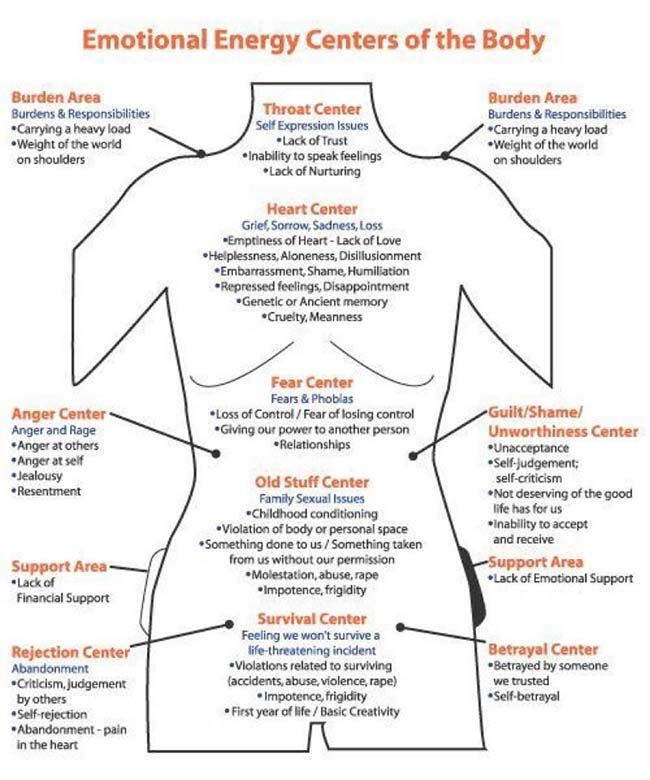
On a physical level, an organ affects other organs. For example, anger is an emotion which comes from the heart but negatively affects the liver, as anger is stored in the liver. And when the liver becomes sick, it releases toxins, which, over time, cause a fatty liver to develop. One of the knock-on effects of that is water retention, which causes increases in body mass. And it’s not just the heart that affects the liver; the liver can also be damaged by toxic products including personal care products, food, and household products. These toxins can cause the anger stored in the liver to be triggered. As a result, over time, even a good-natured person can become an angry person. In this way, if the liver is sick, it doesn’t just affect other organs, it affects our thoughts and emotions — everything is interconnected.
2. Are there any simple, everyday measures we can take to improve our physical health that would, in turn, protect or improve our mental health?
One simple way to improve our physical health is to understand our body organ clock. Why? Because toxins can affect any of our organs and disrupt the system, which will damage our health. For more about this process, click here.
Our mental health can be protected by avoiding stressful situations and people. But, like toxins, we cannot 100% avoid these either, so we need to know how to identify such situations and mentally prepare ourselves for them – by being prepared we are in a much better position to cope with stressful situations and encounters.
3. How do relationships with family, friends and colleagues affect our mental health? What’s the best way to handle difficult relationships?
Toxic relationships can cause negativity and affect mental, physical and emotional health. But these undesirable effects can be overcome by being able to identify such situations and going into them mentally and emotionally prepared. How to prepare? One way is to use essential oils to calm ourselves and block negative energy, providing ourselves with mental clarity. Other common ways are yoga, and meditation, as well as calming and relaxing activities such as painting, pottery-making, baking and other creative activities. Finally, when we cannot avoid the stressful situation, we must know how to release the emotional effects of the encounter. Also, if we can understand what motivates and drives others to behave badly, we are better able to cope with and even mitigate the situation, to the benefit of ourselves and sometimes even the other party.
4. What is "spiritual health"? What effect does it have on our well-being?
Spiritual health is being at peace with life and, importantly, maintaining a positive relationship with oneself. Most people understand relationships with others, but do not realise that we also need to understand ourselves — our own foibles, vulnerabilities and weaknesses. These include base emotions and unconscious motivations. By understanding ourselves, we can deal with almost any situation with calmness, thereby creating good vibes for ourselves and, hopefully, others too.
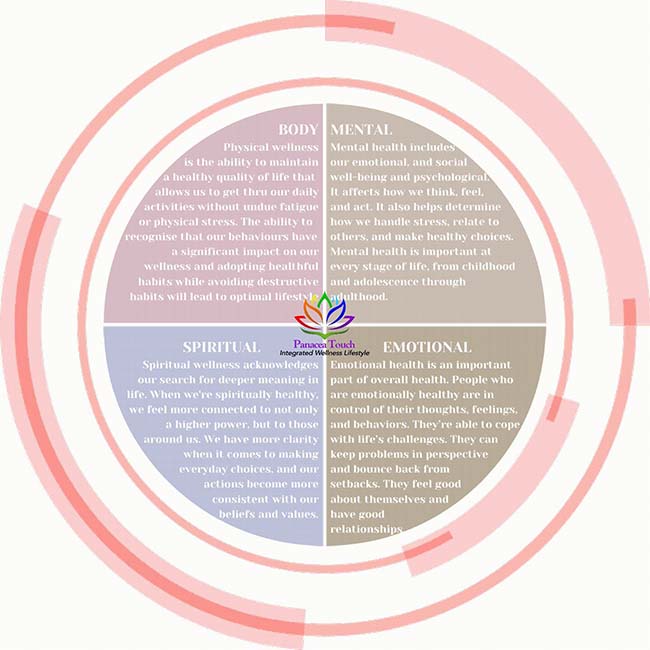
5. What are some common foods, products and medications that can have detrimental effects on our physical and mental health?
Today, almost everything contains toxins, in one form or another. Therefore, two things are important:
- Choose foods and drinks that are less toxic by understanding what toxins are and how to identify them.
- As mentioned previously, we must know how to rid the body of toxins we cannot avoid. Click here to find out more
6. Conversely, are there any products that can improve our physical and mental health?
Personally, I use therapeutic-grade essential oils. Although many people practice yoga and meditation, these activities alone cannot overcome the effects of stress. In other words, yoga and meditation are not a total solution and should be seen as part of a holistic approach, together with aroma therapy and conscious living. And what is conscious living? It is the act of taking sufficient time to be silent and, more importantly, questioning, listening to and watching oneself. This involves separating ourselves from the hectic, modern-day world, at least mentally, if not physically. It cannot be done quickly and requires turning off our various “devices”; this, for many, is an almost insurmountable hurdle.
And finally, what words of wisdom could you share?
Three things:
- Try to lead a toxin-minimising lifestyle combined with toxin-mitigating strategies.
- Listen to the messages our body sends us every day, and make a conscious effort to manage our mental and emotional state.
- Draw boundaries, learn to say “no”, and give ourselves personal time and space.
About Panacea Lim
15 years ago, Panacea Lim was involved in a major car accident. She was bedridden for an extended period and close to death several times. Due to the amount of medication she was taking, her liver and kidneys were damaged. This resulted in release of anger, and a series of medical issues. Her misery not only had toxic effects on her relationships with others, it also resulted in a vicious cycle which had damaging consequences for her mental and emotional well-being. Moreover, she suffered bouts of rashes due to nervous system damage, as well as pain, leading to more angst, frustration and depression.
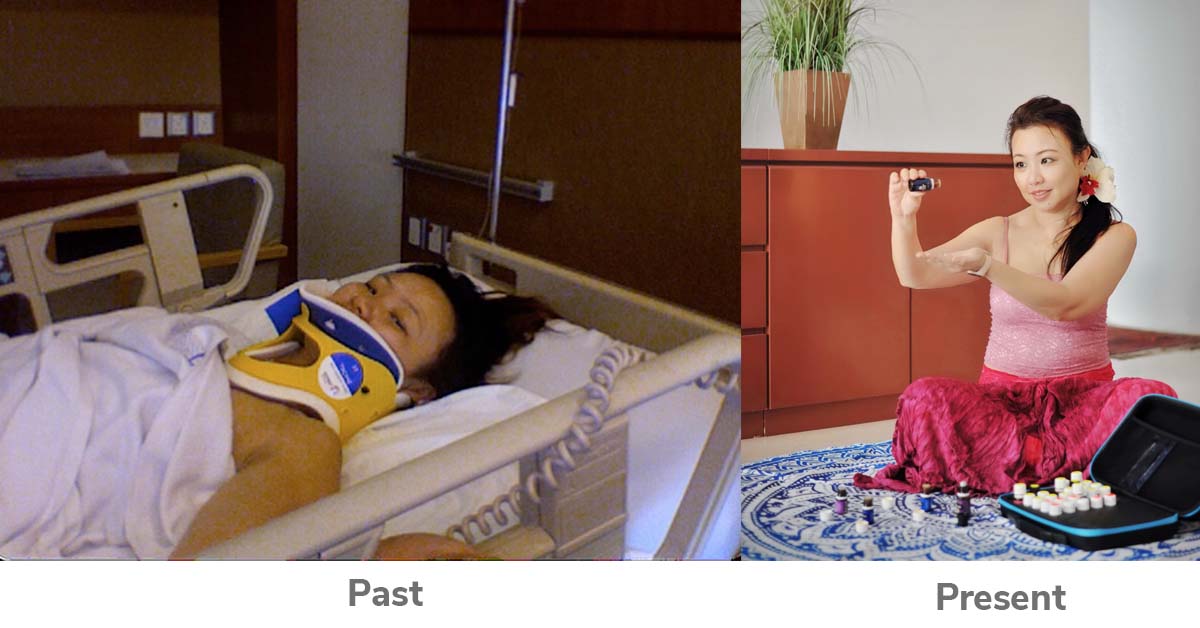
But now that Panacea would be unrecognisable. The Panacea of today is the epitome of a level-headed contributor to society, as she balances professional life, volunteer and community work, as well as family relationships – masterfully managing various kinds of inter-personal situations in the process. Her health has vastly improved and even her rashes are under control.
Why the change, and how did it happen? Panacea became a believer, practitioner and advocate of holistic health – the efficacy of which she is a living testament.
Panacea Lim is the Founder, Wellness Coach and Business Mentor of Panacea Touch, a social enterprise brought together by a team of advocates. For more information, visit www.panaceatouchintl.com/aboutus.

